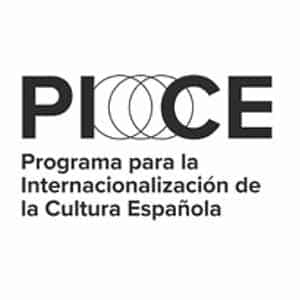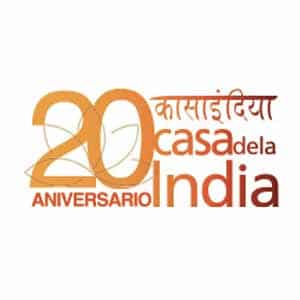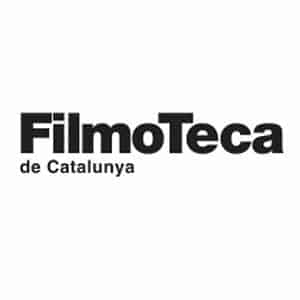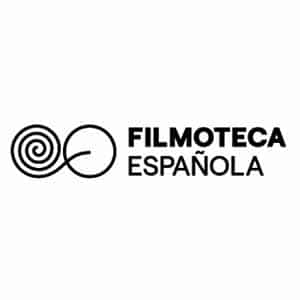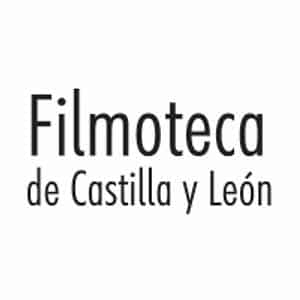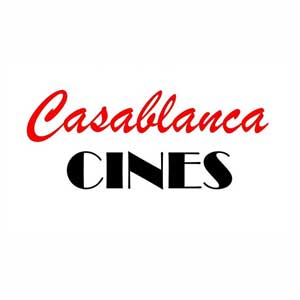The retrospective “Mungiu by Mungiu” brings together three feature length and three short films he has directed, as well as three other films, chosen by the director himself, that have inspired him in his filmmaking
Winner of the Palme d’Or at Cannes for 4 Months, 3 Weeks and 2 Days, his masterclass will be given on October 26 in the Miguel Delibes Hall at the Teatro Calderón
The Romanian filmmaker Cristian Mungiu will attend the Valladolid International Film Festival, which this year will include the cycle “Mungiu by Mungiu”, focused on analysing his works and film influences. The cycle will comprise six of his works -three feature length and three short films- as well as another three titles which he has personally chosen and which have inspired him in his filmmaking. The filmmaker will also take advantage of his presence in the city to offer a masterclass on Wednesday October 26. The class will start at 12.00 and will take place on the Canal Seminci set, in the Miguel Delibes Hall at the Teatro Calderón.
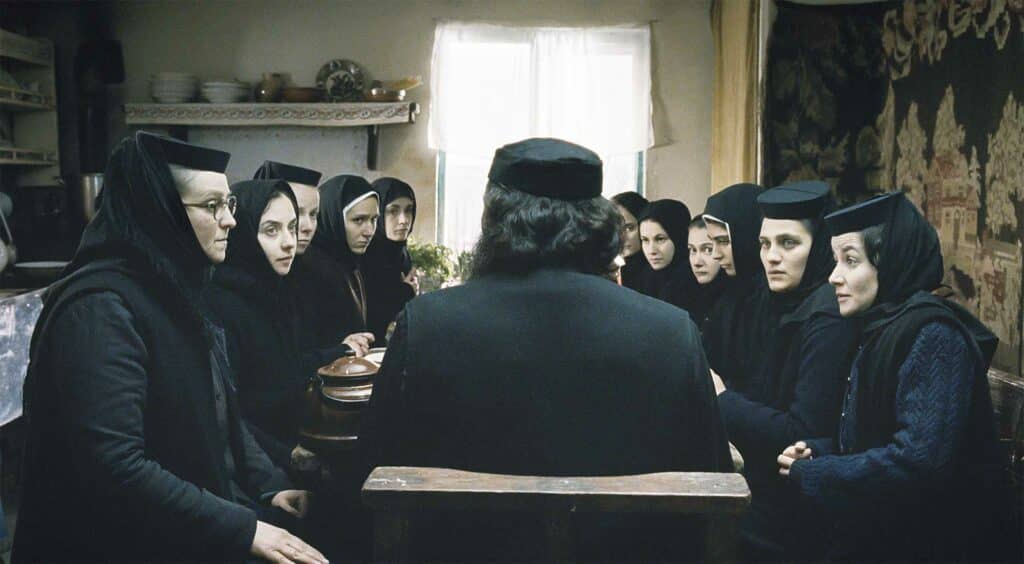
The retrospective “Mungiu by Mungiu” will include his short films The Legend of the Official Visit, which was co-directed with Ioana Uricaru, The Legend of the Air Sellers and The Legend of the Chicken Driver, all from 2009, and the feature length films 4 Months, 3 Weeks, 2 Days (2007), Beyond the Hills (2012) and R.M.N. (2022). The cycle will be completed with three feature films by other directors, all chosen by Mungiu himself: The Reenactment (Lucian Pintilie, 1968), A Short Film About Killing (Krzysztof Kieślowski, 1989) and The Life of Jesus (Bruno Dumont, 1997).
Cristian Mungiu (Iasi, Rumanía, 1968) studied English Language and Literature at university before working as a teacher and press, radio and television journalist. He then studied directing at the Academy of Film and Theatre in Bucharest and made several short films before presenting his first feature film Occident (2002). The film was selected for the Directors’ Fortnight at Cannes and was critically acclaimed.
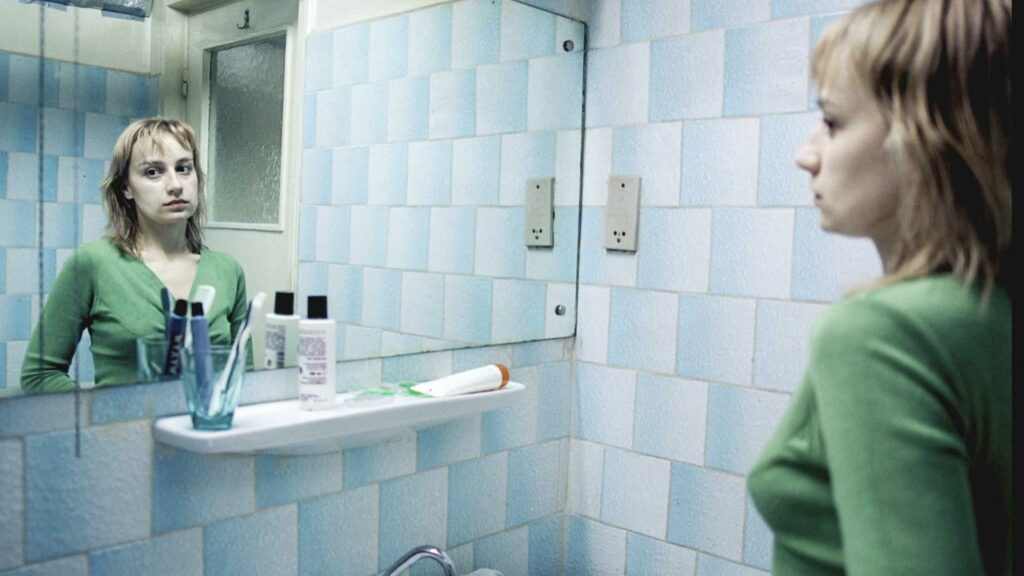
He won the Palme d’Or at Cannes for his second feature film, 4 Months, 3 Weeks, 2 Days, as well as 42 other international awards, including Best Film and Best Director at the European Film Awards and the Goya Award for Best European Film. The film was also nominated for Best Foreign Language Film at the Golden Globes.
Premiered at Cannes in 2009 was Tales from the Golden Age. Composed of five stories and with five different directors, the film describes the last years of communism in Romania. Mungiu, the film’s producer and writer of the five stories, also directed the last of them, The legend of the Air Sellers.
In 2012, he wrote and directed Beyond the Hills, which also premiered at Cannes where it won the award for Best Screenplay and two of its actresses, Cosmina Stratan and Cristina Flutur, were joint winners of the Best Female Performance award. He returned to Cannes in 2016 to present Graduation, his fifth feature film, for which he won the Best Director award. This year he presented R.M.N., selected once again for the French event.
Inspirational feature films
Mungiu has personally selected the three titles that complement his retrospective. With respect to The Reenactment, the filmmaker explains that “I’ve always liked it, not just because it succeeded in avoiding the censorship that was in place at the time, but because, in my opinion, it continues today to be the Romanian film with the greatest force as well as moments of superb cinema”.
As for A Short Film About Killing, he recalls that “you had to pass a difficult exam to be admitted to the Bucharest National University of Theatre and Film. Among other tests, you had to analyse a scene from a film. The one I chose was by Kieślowski. His Dekalog was broadcast on Romanian television in the 1980s and was one of the few productions of recent times that Romania could afford to buy given how scarce everything was. The professors at the university loved the film for its concise realism”.
Finally, on The Life of Jesus, Mungiu reports that “after I graduated from film school I just happened to come across the film at a festival. Its rhythm, ambiguity and discretion were the driving force behind my subsequent shift in the direction of a more minimalist approach to filmmaking”.




























